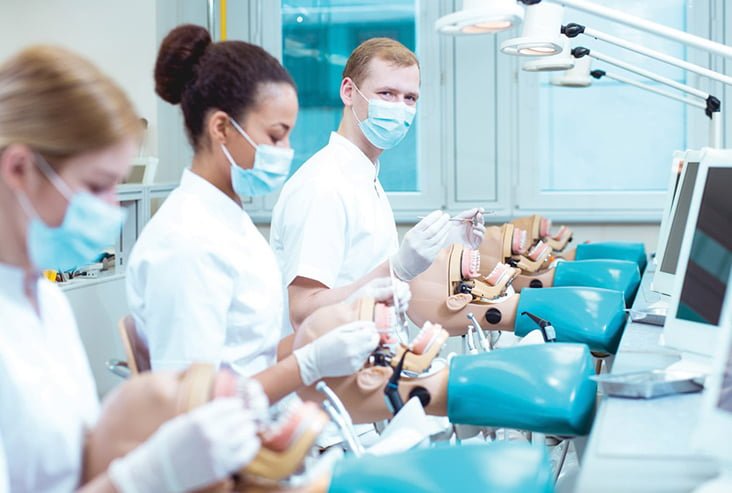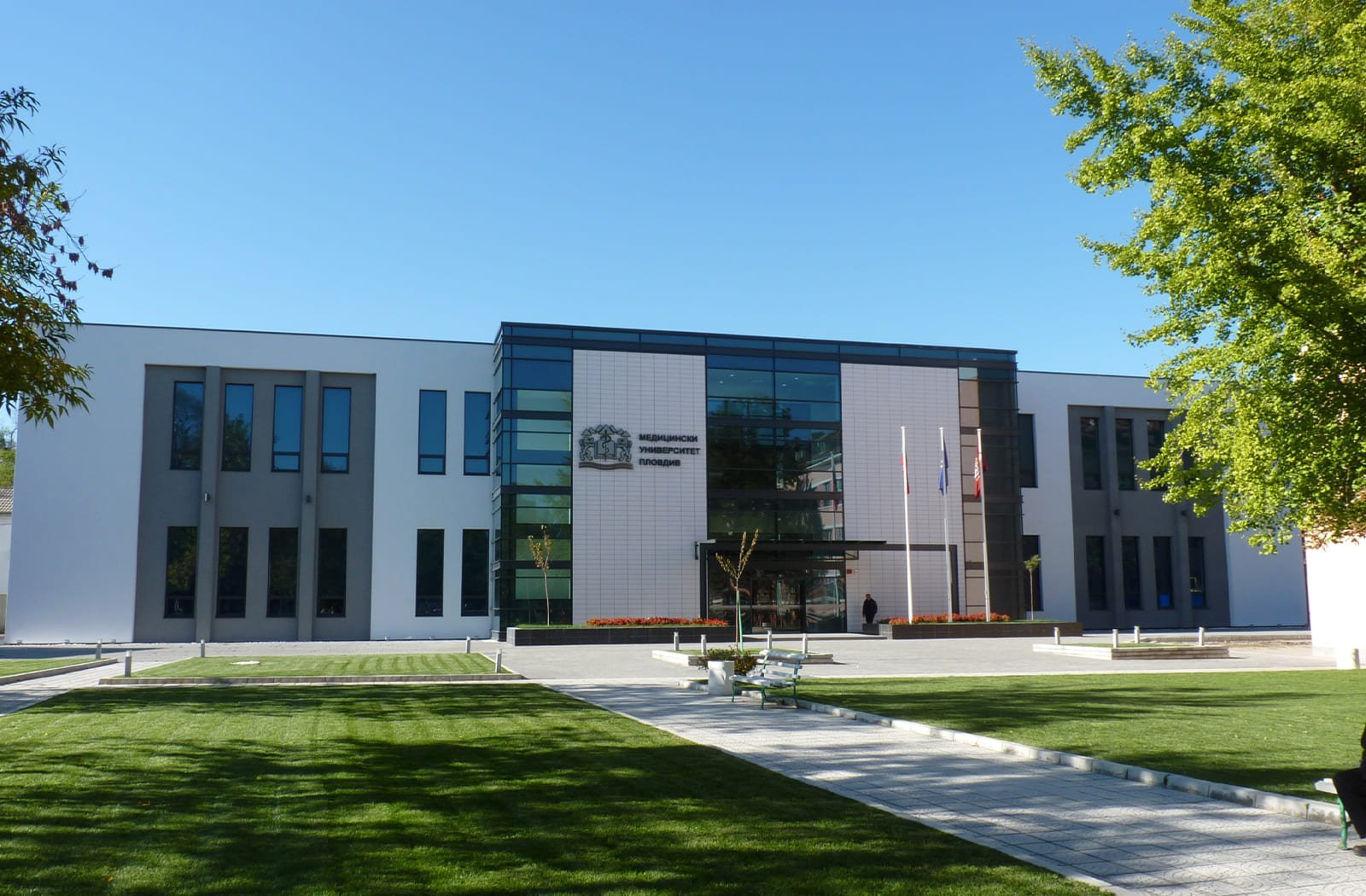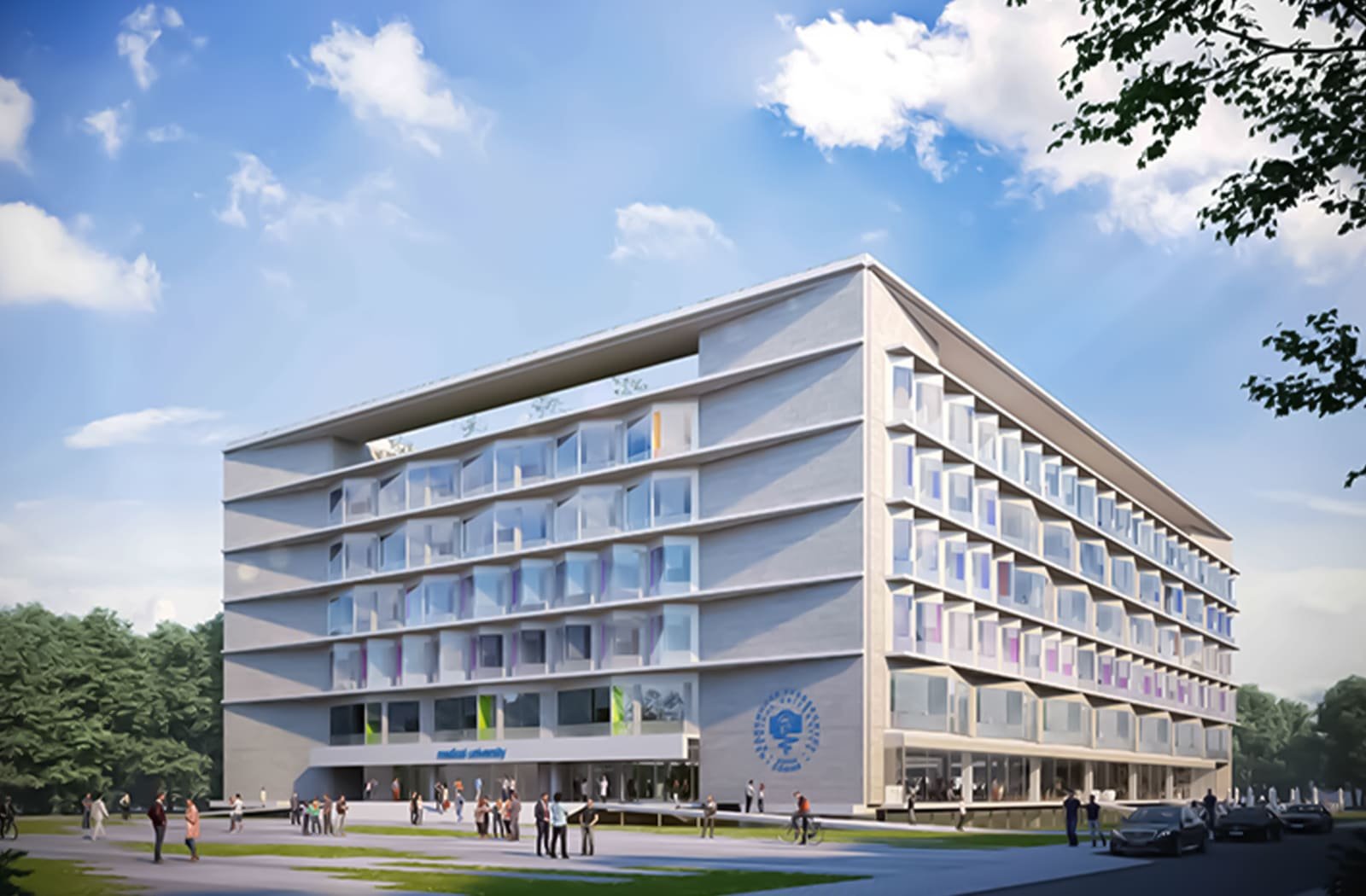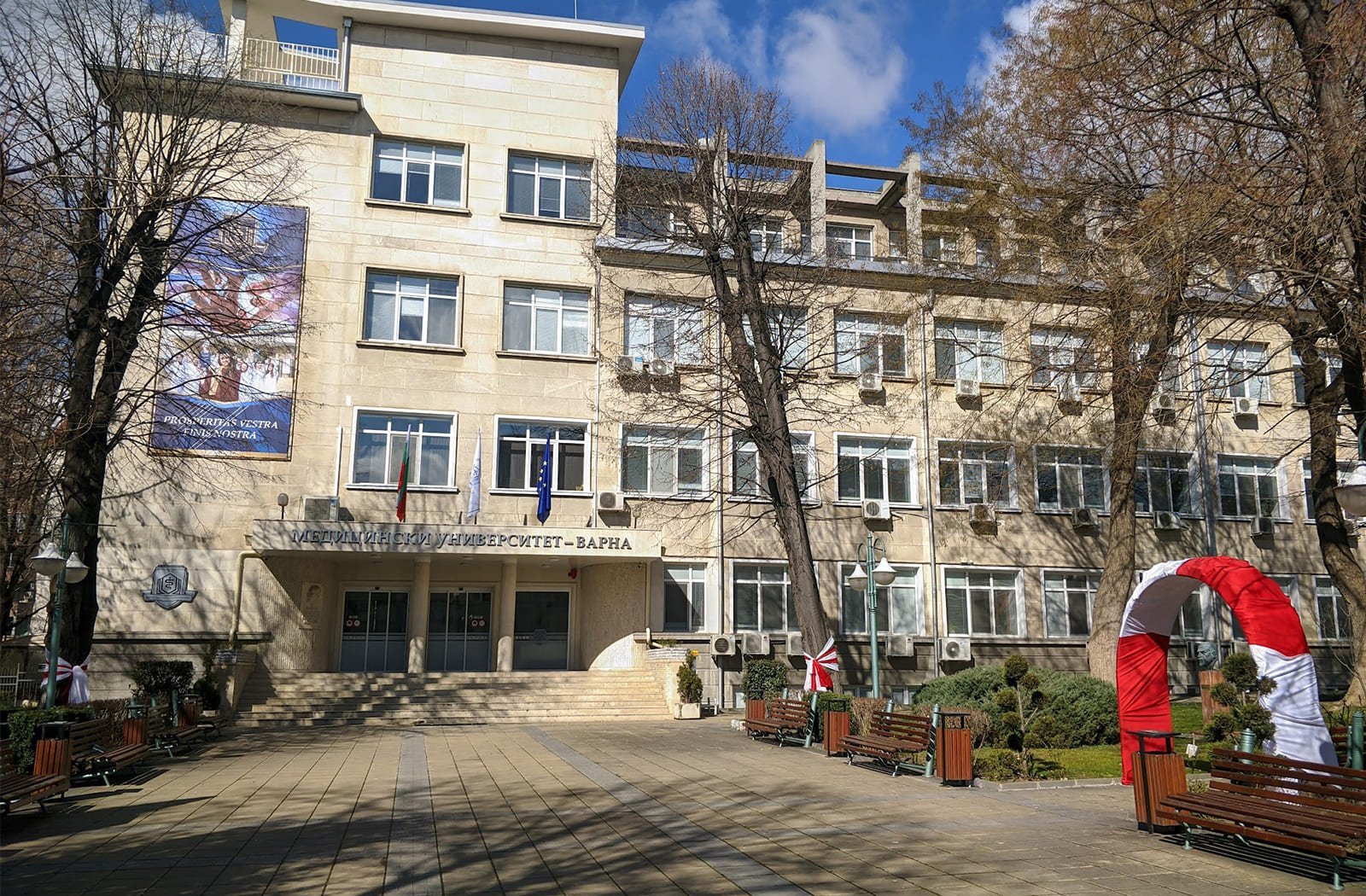Study Dentistry In Bulgaria
Bulgaria is a well-known place for students to study dentistry. Their universities offer dentistry programmes in English and tuition fee is around € 6,900 to € 9,000 annually.

About Studying Dentistry In Bulgaria
Bulgaria is located in the centre of Europe and it is known for its high-quality education which makes it the best choice for students for studying and dentistry. The country’s dental programs are designed to meet international standards and offer an ideal pathway for students who want a world-class education in dentistry.
Bulgarian dental universities are recognised globally, including by the World Health Organization (WHO) and the Educational Commission for Foreign Medical Graduates (ECFMG). The dental curriculum in Bulgaria spans 5 to 5.5 academic years (10 semesters) which are followed by six months of clinical training and state exams. The initial years of the program focus on core sciences such as anatomy, physiology, and pharmacology which provide a strong foundation for the more specialised dental courses in later years. This combination of lectures, laboratory work, and clinical training makes sure that students develop both theoretical knowledge and practical skills side by side.
A common concern among prospective students is the necessity of learning Bulgarian. While proficiency in the local language can be beneficial, it is not obligatory for completing the dental degree. Pre-clinical and clinical training is conducted in English, and many patients in Bulgaria can converse in English as well. However, learning Bulgarian can improve communication with patients and open additional opportunities.
Bulgarian dental degree has international recognition. The UK’s General Dental Council (GDC) treats UK and foreign degrees equally, so graduates from Bulgarian universities can work in the UK. Many dentists from Bulgaria and other countries have built successful careers in the UK after graduating from Bulgarian universities.
The Bulgarian dental education system meets high international standards. The initial years are theory-intensive covering essential sciences, while the latter part of the program focuses on practical and hands-on experience in clinical settings. Students often graduate with more practical experience than those from other countries.
In conclusion, studying dentistry in Bulgaria provides a strong education that meets international standards, with the added advantage of English-taught programs and global recognition. This makes Bulgaria an attractive location for students looking for a high-quality and internationally respected education.
Why Study Dentistry In Bulgaria?
- Quality education meeting international standards.
- English-taught programs are available.
- International recognition of degrees.
- Education recognized by WHO and ECFMG.
- Modern facilities and technology.
- Active research opportunities
- Extensive clinical training.
- Safe and welcoming environment.
- Friendly and adaptable local lifestyle.

Plovdiv Medical University
8,000-9,000 EUR /year

Since 1945, Plovdiv Medical University has been highly admirable. Its diplomas are EU-recognized and are accredited by the National Evaluation and Accreditation Agency. The five-and-a-half-year Dental Medicine program is also taught in English and costs 8800 EUR per year, with 100 seats for international students.
Sofia Medical University
8000 EUR /year

Sofia’s Faculty of Dental Medicine is Bulgaria’s oldest dental school, it was founded in 1942. They have over 1,400 students from 58 countries. Their dentistry programme emphasises clinical thinking, patient care, strong clinical skills, and professional behaviour under expert supervision.
Medical University of Varna
6900 EUR / year

The Faculty of Dental Medicine at MU-Varna was founded in 2006. They train dental specialists, postgraduates, and PhD students. With a new facility in 2008, the five-year program combines theoretical and practical training to prepare graduates for real-world dental practice.
Quick Facts
Location
Bulgaria
Tuition
€ 6,900 to € 9,000
Entrance Exam
Yes
Living Costs
€ 600-1,000
Affordable Tuition Fees
Internationally Recognised Degrees
Benefits of Studying Dentistry in Bulgaria
Bulgaria offers multiple benefits for students who are studying dentistry. One of the top benefits is their tuition fees because they are significantly lower than in many other European countries. At just 8000 EUR per academic year, students can save a great amount compared to Western European universities, where fees can exceed 11,000 EUR annually. Additionally, living costs in Bulgaria are quite reasonable which makes it an affordable place for students who come from other countries.
The dental program in Bulgaria takes about five and a half years and leads to a Master’s degree. This is a notable advantage over many European universities that offer only a Bachelor’s degree in Dentistry. Graduating with a Master’s degree enhances your qualifications and helps you be a more competitive candidate for job opportunities globally.
Upon graduation, you have various options. You can pursue postgraduate studies in Bulgaria or abroad to further boost your skills and specialise in your chosen field. Alternatively, you can enter the workplace directly.
Moreover, Bulgarian diplomas are internationally recognised because of the country’s membership in the European Union. Bulgarian universities have students from different countries which gives you a chance to make friends from around the globe and learn new things. This international experience will also enrich your CV and broaden your professional view.
Student Life in Bulgaria & Entry Requirement
If you’re considering studying Dentistry in Bulgaria, you must be prepared to take an entrance exam. The entrance exam usually includes Biology and Chemistry, and sometimes English. Also, the test is conducted online through multiple-choice questions. The application process involves several steps, including the translation and legalization of documents.
Tuition fees at Bulgarian universities can often be paid in two instalments, and student loans are available. Each university accepts between 100 and 150 dental students annually then they are divided into small groups of 10 to 15 for seminars. This allows for hands-on learning experiences.
In your first year, you’ll study subjects like Latin, Anatomy, Physics, and Cytology, along with a basic Bulgarian language course to help you communicate with the Bulgarian community. Classes usually take place from Monday to Friday which provides you time for your hobbies and exploration on weekends.